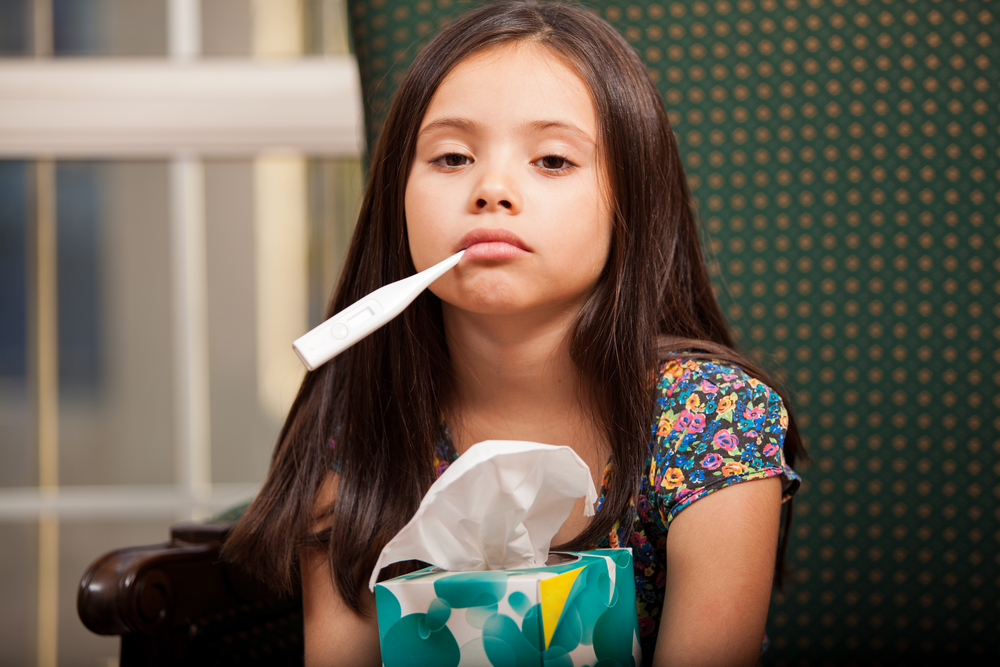
The emergence of a fever in your child can cause you much concern. Whether it is a mild temperature or a high fever, it is never easy to see your little one feeling unwell. But a fever is not always a reason for alarm, which is good news.
It may indicate your child's immune system is functioning correctly. But it is crucial to understand what to do if your little ones develop a fever. They will feel better and avoid complications thanks to this.
What Is a Fever?
An illness is typically to blame for a fever, a brief rise in body temperature. The average body temperature is about 37 degrees Celsius, or 98.6 degrees Fahrenheit. Healthcare professionals consider a temperature of 100.4 degrees Fahrenheit, 38 degrees Celsius, or greater a fever. Here are steps to take when your youngster has a fever:
Check Your Child's Temperature
Take their temperature as soon as possible when your child develops a fever. You can take your child's temperature orally, rectally, or under the arm. When using a thermometer, adhere to the manufacturer's guidelines. Your little one has a fever if their temperature is 38 degrees Celsius (100.4 degrees Fahrenheit) or above.
Offer Plenty of Fluids
Keeping kids hydrated is crucial when they have a fever. Offer your child plenty of fluids, such as water, Pedialyte, or diluted fruit juice. Avoid giving your child caffeinated beverages or sugary drinks, which can worsen dehydration.
Dress Your Child Comfortably
Dress your child in lightweight, breathable clothing when they have a fever. Avoid dressing them in heavy clothing or blankets, which can make them overheat. You can also use a damp, cool cloth on your youngster's forehead or neck to help decrease their body temperature.
Give Fever-reducing Medication
Give your child a fever-reducing drug if they are uncomfortable or have a high temperature. Do not give your little one more than the suggested dose. Strictly adhere to the dosing directions on the packaging. Never give aspirin to children and teenagers with fevers. This drug can cause a rare but serious condition called Reye's syndrome.
Monitor Your Child's Symptoms
Keep an eye on your child's symptoms while they have a fever. Call a doctor if their fever persists for more than a few days or if they exhibit additional symptoms. These include a rash, breathing problems, or vomiting.
Call your doctor at Advanced Pediatrics PC immediately if your infant has a fever and is younger than three months old. The risk of significant fever-related problems is high in infants under three months, making it crucial to get medical help as soon as possible.
Rest and Relax
Kids need to rest when they have a fever. Encourage your little one to take it easy and avoid strenuous activities until their fever disappears. This will help them fight off the infection and promote faster healing.
Conclusion
A fever is a sign of illness in children. When your child has a fever, following the above recommendations is essential. Most children's fevers are treatable at home and are not dangerous. Seek advice from your child's doctor if you have concerns about their symptoms. The same applies if their fever persists for more than a few days.
For more on fever in kids, visit Advanced Pediatrics PC at our Elmhurst or Jackson Heights, New York offices. Call (718) 271-2600 to schedule an appointment today.








